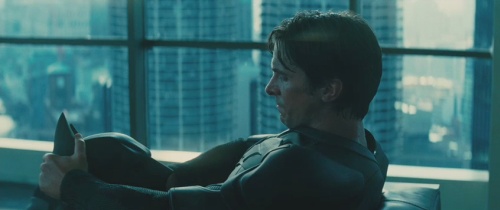Just a quick morning post for two things that have caught my interest – totally unrelated to each other, but both worth a look.
The first is this post by Benjamin Wright over at his blog Aspect Ratio, which talks about the role of Imax in popular cinema, and the importance of The Dark Knight in particular. I touched on this in my review but Wright goes into a lot more detail, including screenshots that give a sense of the difference in composition between the Imax and general release versions. Twenty years from now, once the – justified – hype over Ledger has subsided, the film’s pioneering use of Imax might be what it is best remembered for.
Also, I just wanted to point readers to an Australian film blog of which I have only just become aware: Glenn Dunks’ Stale Popcorn. Dunks is offering a very entertaining mix of proper film connoisseurship and more lighthearted posts, and its well worth a look. So I’ll add Stale Popcorn to my list of really good online local reads, which includes InFilm, Hoopla, Melbourne Film Blog, Last Night With Riviera, Cinephilia, and Urban CineFile (which I must admit lost me when it went subscription and never got me back). Are there any others out there that, like Stale Popcorn, have thus far escaped my attention (or which I’ve forgotten here)?




